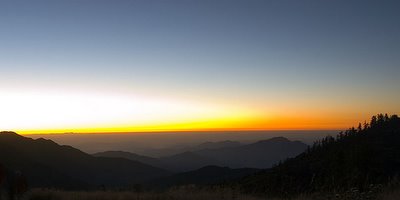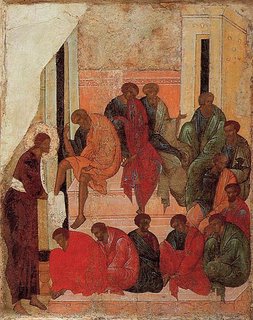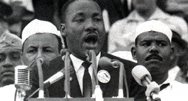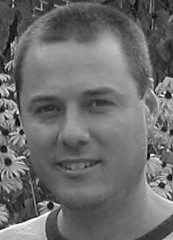State of the Union
I mentioned the interview of Tim Russert with Bill Frist yesterday on Meet the Press. I mentioned the excellent editorial in today's Lancaster Intell by Tom Friedman entitled, The State of the Union. I expressed my agreement with Friedman's point, that we need visionary political leadership to help move the United States away from oil dependency. The same oil dependency that is helping to fund the very countries that are seedbeds for the militant strain of Islam that is lashing out against the West and American Imperialism.
We talked about the impossibility of imposing democracy and free-market capitalism from the top down through pre-emptive military strikes. Democracy and the fundamental narrative that drives a country must come from the bottom up, from within, from the grassroots and from the soul of Arab countries. I believe much of the war on terror is an misguided attempt to build a wall high enough (like the Berlin Wall in another era) that will keep the terrorists out.
I believe we need a different kind of vision for the role of the United States in the community of nations. Friedman outlines what such a vision might sound like in his piece.










